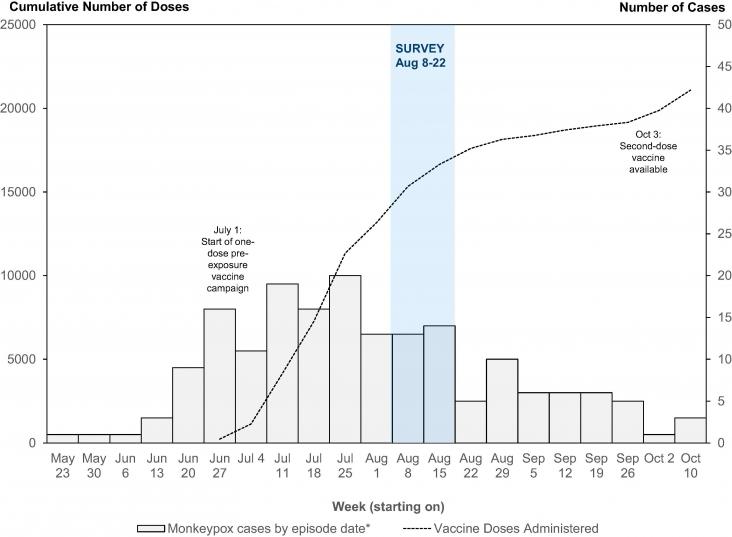The current review on atmospheric M/NPs is therefore focusing on sampling, sample preparation and identification methods. The approach will enable knowledge gaps to be identified, and recommendations to be made to support standardized and comparable future research
This review artcile, with contributionsform allover the world, describes various approaches to convert plastic wastes into new products known as an efficient way to manage them and to enhance the sustainability of the environment.
The introduction of long-acting injectable pre-exposure prophylaxis adds to the choice of HIV-prevention options; this study assesses the potential impact of roll-out in the refion with the highest HIV burden.
Human immunodeficiency virus and Simian immunodeficiency (SIV) are highly immune evasive viruses with few vulnerabilities. Cytomegalovirus vector-programmed MHC-E-restricted CD8+ T cells can mediate complete replication arrest of primary SIV infection with subsequent viral clearance; this approach may be promising for putative vaccines or immuno-therapeutics against HIV.
Good paper on how electroencephalography monitoring is being used as a method to diagnose Alzheimer's.

As the primary public health strategy for controlling the 2022 Mpox outbreak, it is critical to evaluate the impact of Mpox vaccination campaigns for transgender people and gay, bisexual and other men who have sex with men (T/GBM). We measured vaccine uptake and associated factors among T/GBM clients of an urban STI clinic in British Columbia (BC)
TB is often reported in people with HIV, in whom isoniazid preventive therapy (IPT) is a treamtent regimen used to prevent TB infection. However, when mothers with HIV recieived IPT during their pregnancy, their babies were associated with an increased risk low birth weight, preterm birth, and becoming under weight. Males seemed to be particularly effected. This brings into question the use of IPT in pregnant women with HIV as the health-care communitry seeks to reach SDGs 3.1, 3.2, and 3.3.

The article describes how to turn waste plastics into high-quality liquid oils by thermal and catalytic pyrolysis.
This Article supports SDG 3 by showing an association between some types of unpaid work (housework and caring for adults) and negative effects on mental health. Other types of unpaid work (childcare for women and outdoor work for men) were associated with positive effects on mental health. The authors note that, although tasks such as housework and care duties are necessary, the disproportionate burden of such tasks on women should be addressed.
This mixed methods study evaluated the experiences and perceptions of adult patients before, during, and after allogeneic HSCT as a cure for SCD. SCD patients generally experience improvement of physical, mental, and social health and are able to pursue life goals after HSCT. However, the new post-transplantation reality also confronts patients with challenges that potentially can influence their HRQOL.
